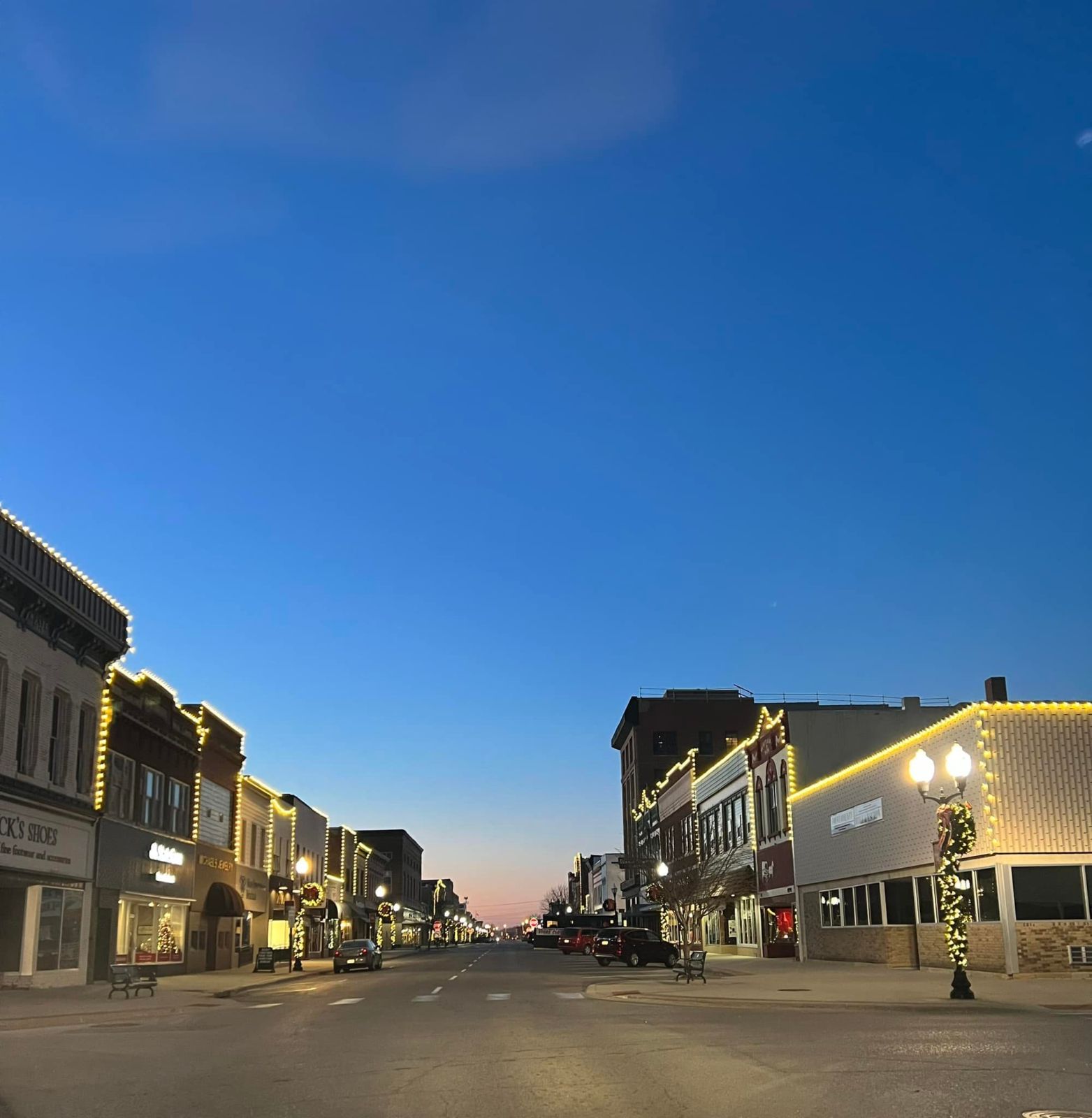Greater Fremont Development Council: Addressing the challenges of rural workforce housing
.jpg)
10 Feb 2023
News
In 2017 the Greater Fremont Development Council commissioned its first housing study to take a look at the availability and demand of inventory across Dodge County, this study was then updated in 2020. The conclusion confirmed what we expected, there simply was not enough housing in the county to have a healthy housing market and provide homes for Fremont’s growing workforce. In fact, across the county, we were short approximately 1,500 homes.
Armed with this data, GFDC set out to create two housing funds to help incentivize the development of new housing in Dodge County.
How they Work:
Typically, GFDC uses the funds to make short-term, low-interest loans to help create a financing stack that allows a developer the up-front capital needed to catalyze a project. Once a property is constructed, and the developer is either able to sell or lease the property, they often refinance the project with a traditional lender to pay off the loan from GFDC, and allow us to help catalyze the next project! This process is overseen by a committee of local bankers, developers, real estate, and non-profit professionals committed to seeing a stronger housing market in our community.
The Nebraska Rural Workforce Housing Investment Act (The Dodge County Investment Fund)
Creating the Fund:
Fremont was not alone in the struggle to keep up with the housing needs and across the State, many communities have struggled to fulfill the housing demand in their communities. Fortunately, the Nebraska Rural Workforce Housing Investment Act was passed to help communities across Nebraska create more housing inventory. Greater Fremont Development Council pursued this opportunity for the community, and thanks to the contributions of the community, were able to successfully fundraise and secure this grant opportunity to create the Dodge County Investment Fund.
2017 Rural Workforce Housing Investment Fund – Dodge County Investment Fund
- Required 1:1 matching funds
- State of Nebraska Award: $850,000
- Matching Funds raised- $1.03 Million
- Contributors:
- City of Fremont
- City of Scribner
- Fremont Beef Company
- FNBO
- Fremont Contract Carriers
- Lincoln Premium Poultry
- Fremont Area Community Foundation
- Nebraska Investment Finance Authority
- Contributors:
- Matching Funds raised- $1.03 Million
- Fund total: $1.88 Million!
Eligible Projects:
- New owner-occupied housing costing no more than $325,000
- New rental housing units costing no more than $250,000
- Owner-occupied or rental housing units for which the cost to substantially rehabilitate exceeds 50% of a unit’s assessed value
- Upper-story housing
- Rehabilitation/conversion of an existing building into housing.
And in all cases, housing that does not receive federal or state low-income housing tax credits, Community Development Block Grants, HOME funds, National Housing Trust Fund, or funds from the Affordable Housing Trust Fund.
The Success:
To date, the program is being utilized across 4 different housing projects that will have created 468 housing units in Dodge County!
- Fremont Commons Apartments (324 units)
- Bluestem Single Family Homes (8 units)
- Bluestem Apartment Complex (132 units)
- Hoppe Homes Scribner Single Family Units (4 units)
Here We Grow Homes Fund
Creating the Fund:
The City of Fremont also saw the need for more housing in the community and designated $1,000,000 of LB840 dollars to address the shortage. GFDC contracted with the City of Fremont to manage and administer the funds as a low-interest revolving loan fund.
Eligible Projects:
The fund customers are developers and homeowners interested in creating, repairing, and demolishing homes to help rectify housing needs in the Fremont and Inglewood area, developed after the flood occurred. The customer is unable to fulfill 100% of the low-to-moderate income financing needs with a combination of their own resources and those from a financial institution.
The project must consist of at least 20% of the total units (rounding up to whole numbers) which have costs affordable to low-income occupants. The affordable units in a mixed-market development could not be feasibly developed or built but for being combined with open market or other units due to cost or other factors.
The industry standard definition for “affordable” is no more than 30% of the gross income of a household for rent+utilities or principal+interest+taxes+insurance. For purposes of simplifying the calculation, DCIF utilizes 25% maximum for rent or principal+interest for a household with income at or below 80% area median income.
The Success:
This program has helped to revitalize the 505 Building in downtown Fremont to create apartments & lofts, and helped to finance the infrastructure development of Bluestem Commons for a total of 62 units and 204 developable lots.
- The Lofts at 505 (28 units)
- Bluestem Commons Infrastructure Development Phase 1 (34 units & 204 developable lots)
So, What’s Next?
GFDC is thrilled to have had such great success to date and has been able to bring to scale new inventory, and the community is fortunate to have seen even more new inventory from fantastic local developers. However, the need still exists to match the growth anticipated in the future, and there is still a lot of opportunity to tackle infill and dilapidated properties in the community, that are traditionally more difficult to finance. Fortunately, the State Legislature appropriated another $30M for rural communities in 2022. This time, for every $1 raised by the community, will be matched $2 by the State, up to $1,000,000.
The Dodge County Investment Committee (DCIF) and the Greater Fremont Development Council (GFDC) Board of Directors have reviewed and approved applying for the RWHF 2022, and we’re actively building a local fund for the State to match.
Goal and Intended Usage if Awarded:
Establish $500,000 in matching funds in order to receive the maximum $1,000,000 award available. If we are successful in our fundraising goal, the new RWHF will be $1.5 million.
- Concentration on rehabilitation of dilapidated housing within Fremont
- Attention to infill lots throughout Fremont adding housing where previous homes existed.
- Work closely with Habitat for Humanity and Rebuilding Together providing the support they are unable to receive by other means.
- Set up areas of the fund to revolve in order to provide future funding sources.
If you are interested in contributing to the fund or have a project in mind, please reach out to Therese Hoyle, at thoyle@fremontecodev.org.
More Topics







